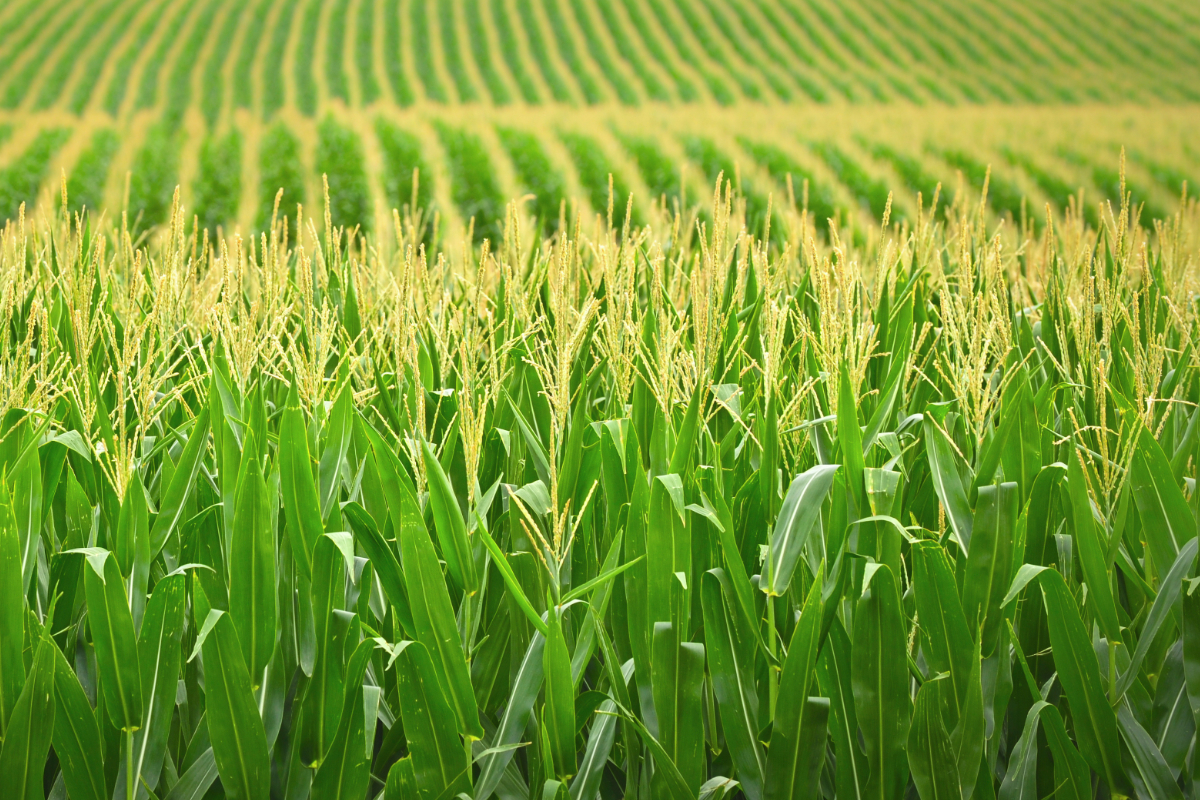|
Getting your Trinity Audio player ready...
|
Writes Nhau Mangirazi
A new study has exposed how land grabs in various forms have led to doubling land prices globally since 2008, thereby placing unprecedented strain on farmers and rural communities.
The report early this week by the International Panel of Experts on Sustainable Food Systems (IPES-Food) warned that pressures are exploding, including for carbon and biodiversity offsetting and clean fuel schemes, leading to huge swathes of farmland being purchased by governments, corporations, and investors, threatening food production.
The rising land prices coupled with land grabs, and carbon schemes are creating an unprecedented ‘land squeeze’, thereby affecting farmers and food production.
The report comes as land issues rise in the global agenda, with the World Bank holding a conference on ‘Securing Land Tenure and Access for Climate Action’ in Washington DC this week.
A recent World Bank report on net zero in food systems is also calling for measures to reduce the conversion of forests to croplands.
The study exposes the alarming escalation of land grabbing in various forms, including through ‘green grabs’, speculation, rapid resource extraction, and intensive export crop production.
It adds that huge swathes of farmland are being acquired by governments and corporations through ‘green grabs’ accounting for 20% of large-scale land deals, despite little evidence of climate benefits.
‘‘Governments’ pledges for land-based carbon removals alone add up to almost 1.2 billion hectares, equivalent to total global cropland. Carbon offset markets are expected to quadruple in the next 7 years,’’ reads part of the report.
The global ‘trend of land grabs’ and ‘green grabs’ is particularly affecting sub-Saharan Africa.
The panel of experts says the ‘land squeeze’ is inflaming land inequality and making small and medium-scale food production increasingly unviable which may lead to farmer revolts, rural exodus, rural poverty, and food insecurity.
‘‘With global farmland prices doubling in 15 years, farmers, peasants, and indigenous peoples are losing their land (or forced to downsize), while young farmers face significant barriers in accessing land to farm,’’ the report adds.
IPES-Food has made calls for action to stop green grabs, remove speculative investment from land markets; and establish integrated governance for land, environment, and food systems to ensure a just transition.
It is also calling for supporting collective ownership and innovative financing for farmers to access land and forge a new deal for farmers and rural areas, and a new generation of land and agrarian reforms.
Nettie Wiebe, IPES-Food from Canada said that it is worrisome that 70% of farmland is controlled by just 1% of the largest farms.
‘‘That’s the stark reality young farmers face today. Farmland is increasingly owned not by farmers but by speculators, pension funds, and big agribusinesses looking to cash in. Land prices have skyrocketed so high it’s becoming impossible to make a living from farming. This is reaching a tipping point, small and medium scale farming are simply being squeezed out,” said Wiebe.
Colombia IPES-Food expert and farmer, Sofía Monsalve Suárez, weighed in, saying that decision-makers must stop shirking their responsibility and start to tackle rural decline.
‘‘Instead of opening the floodgates to speculative capital, governments need to take concrete steps to halt bogus ‘green grabs’ and invest in rural development, sustainable farming and community-led conservation. We must make some serious changes… to ensure a sustainable future for nature, food production, and rural communities,” Suárez added.
Susan Chomba an IPES-Food expert based in Kenya said land is the bedrock of food systems.
‘‘An unprecedented ‘land squeeze’ is accelerating inequality and threatening food production. The rush for dubious carbon projects, tree planting schemes, clean fuels, and speculative buying is displacing small-scale farmers and Indigenous Peoples. In Africa, powerful governments, polluting fossil fuel companies, and big conservation groups are elbowing their way onto our land under the veneer of green goals, directly threatening the very communities bearing the brunt of climate change.” Chomba said.
Chomba is director of vital landscapes at the World Resources Institute (WRI).
Globally, 1% of the world’s largest farms now control 70% of the world’s farmland while in Latin America the smallest 55% of farms occupy just 3% of land.
Over half of government carbon removal pledges on land risk interfering with small-scale farmers & Indigenous Peoples.
Some 25 million hectares of land have been snapped up for carbon projects by a single ‘environmental asset creation’ firm, UAE-based ‘Blue Carbon’ through agreements with the governments of Kenya, Zimbabwe, Tanzania, Zambia, and Liberia.
Nhau Mangirazi can be reached by email [email protected]






